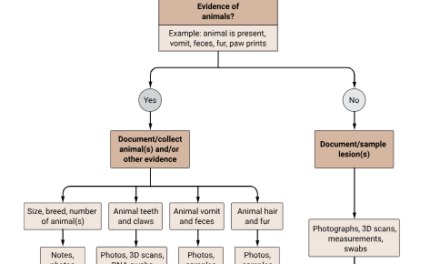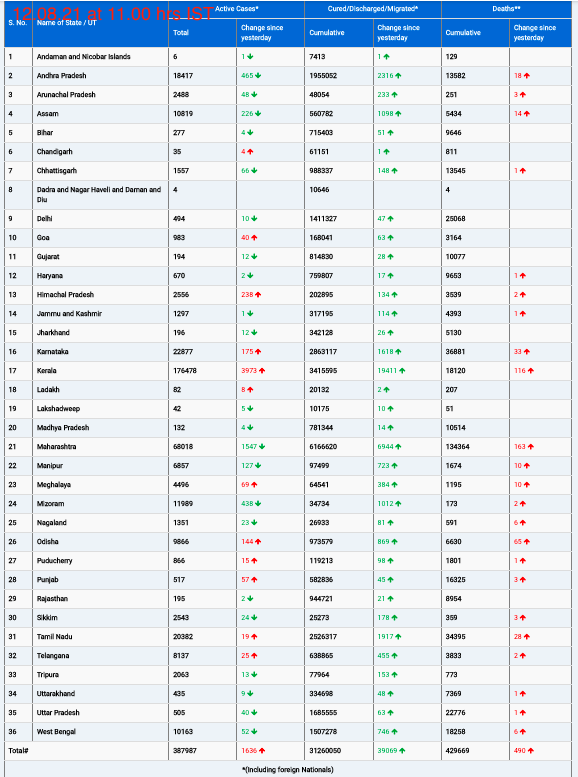The World Health Organization (WHO) released its 2024 Global Hepatitis Report on Tuesday, revealing India’s prominent position among the top 10 countries contributing to the burden of hepatitis B and C combined. Alongside China, Indonesia, Nigeria, Pakistan, and others, India represents nearly two-thirds of the global hepatitis burden, emphasizing the urgent need for comprehensive measures to address the escalating public health challenge.
According to the report, China, India, and Indonesia alone accounted for 50 percent of the global burden of hepatitis B in 2022, with Nigeria, Ethiopia, Bangladesh, Vietnam, the Philippines, and Pakistan following closely behind. Similarly, six countries including China, India, Indonesia, Pakistan, the Russian Federation, and the US represented half of the global burden for hepatitis C, with several others contributing significantly to the prevalence of the disease.
Highlighting the severity of the situation, the report underscored that viral hepatitis infections continue to rise worldwide, claiming approximately 3,500 lives each day and accounting for about 1.3 million deaths annually. Viral hepatitis stands as the second leading cause of death globally, following tuberculosis.
Dr. Tedros Adhanom Ghebreyesus, WHO Director-General, expressed concern over the rising death toll attributed to hepatitis, despite global efforts to prevent infections. He emphasized the critical importance of diagnosing and treating individuals with hepatitis to reverse the upward trend in mortality rates.
Despite the availability of affordable generic viral hepatitis medicines, the report noted that many countries struggle to procure these treatments at reduced prices. To address this disparity, WHO called for expanded access to testing and diagnostics, strengthened primary care prevention efforts, and improved data utilization for targeted action.
As countries grapple with the growing burden of hepatitis, WHO reaffirmed its commitment to supporting nations in leveraging all available tools to save lives and combat the rising prevalence of viral hepatitis. The report serves as a call to action for global stakeholders to prioritize hepatitis prevention, diagnosis, and treatment to mitigate its impact on public health worldwide.












